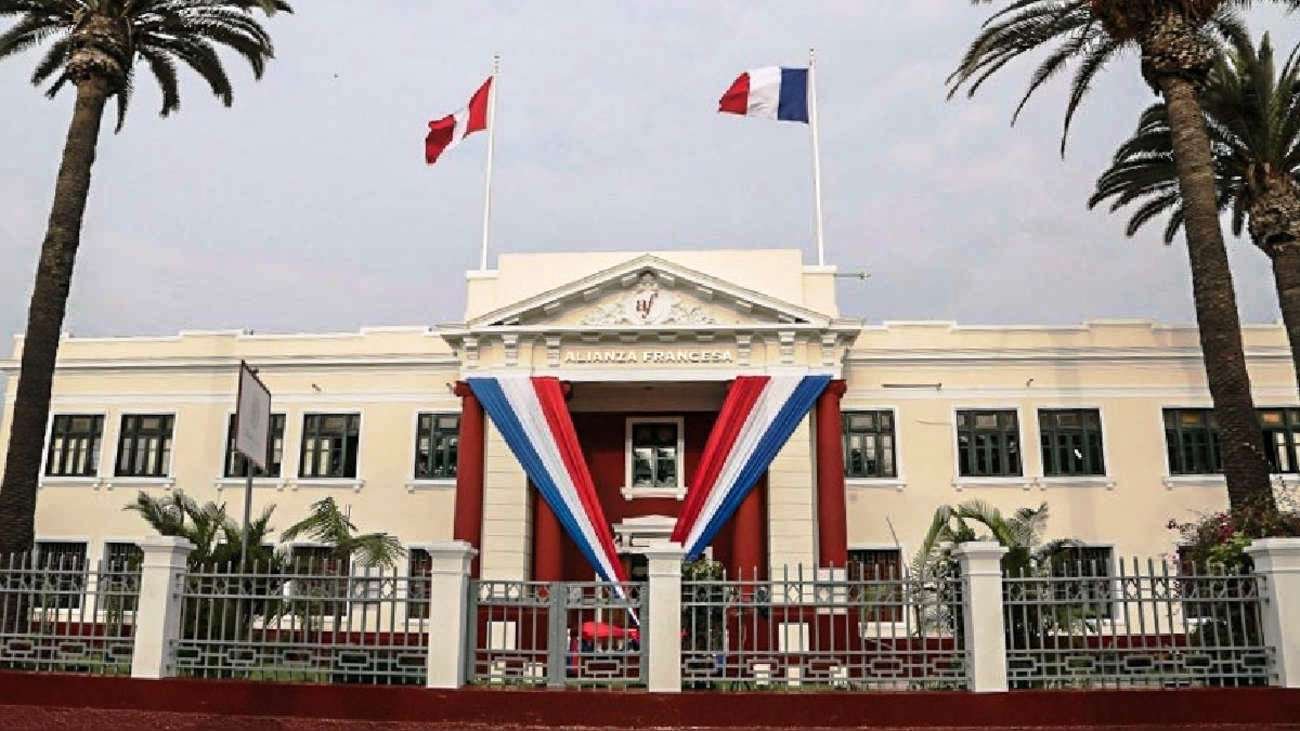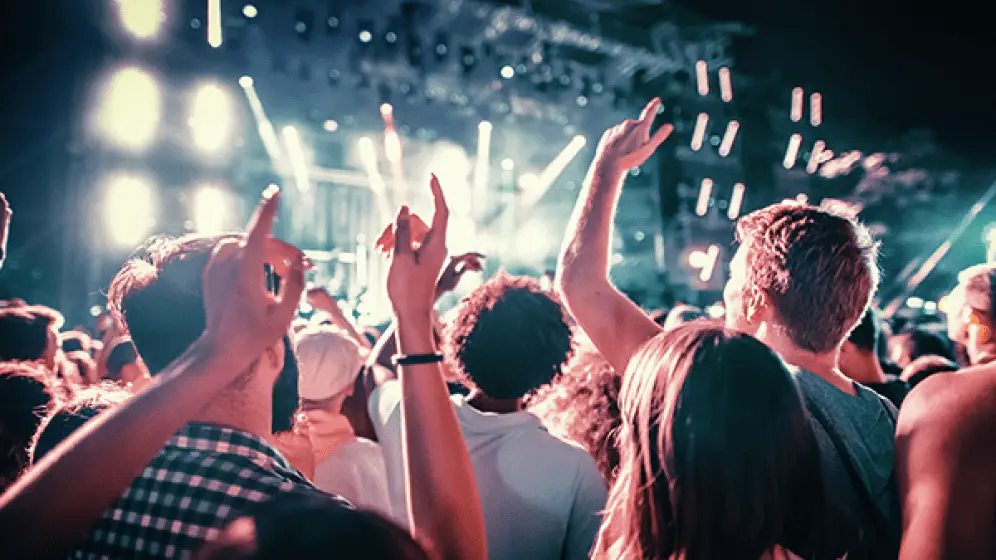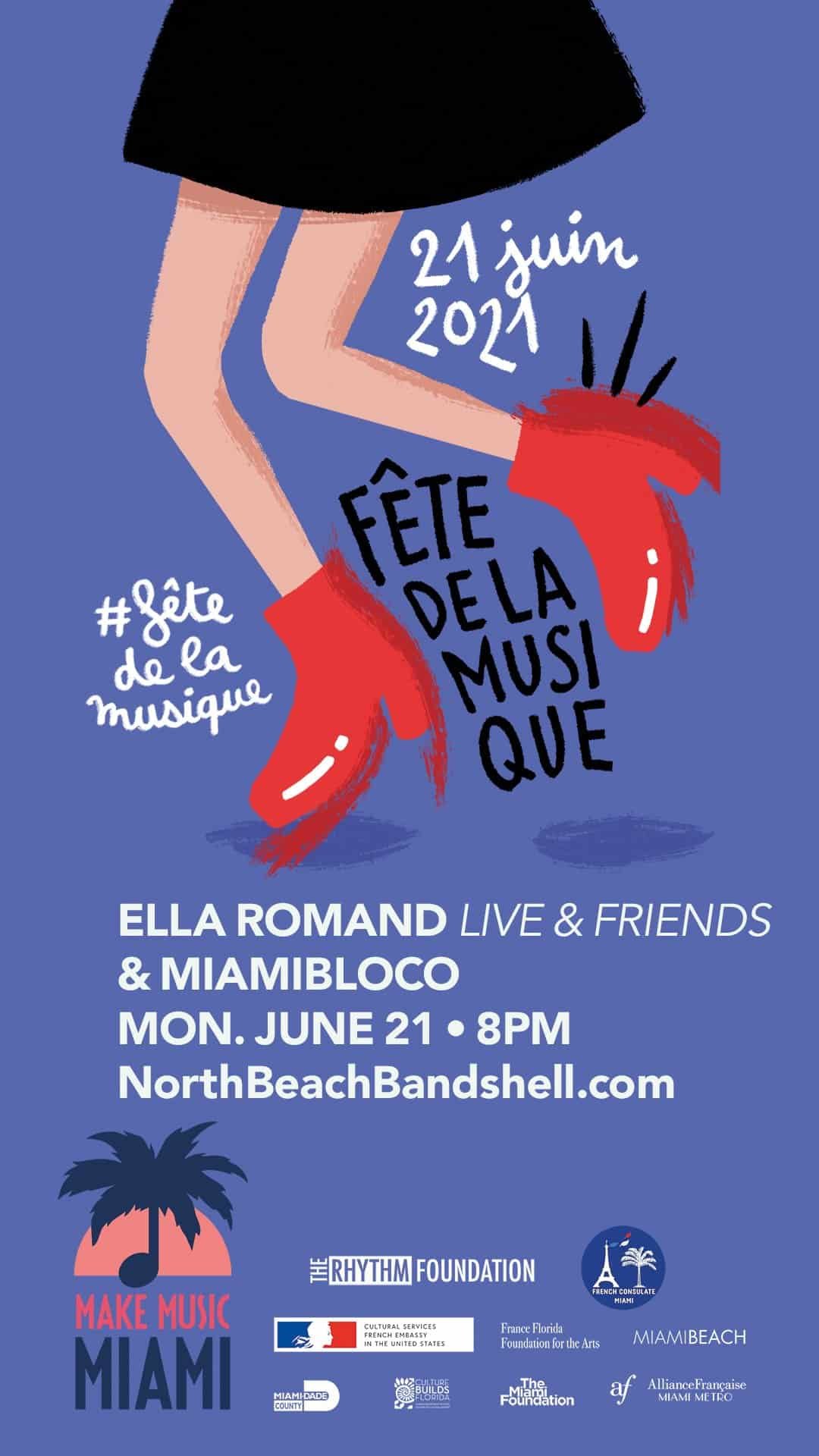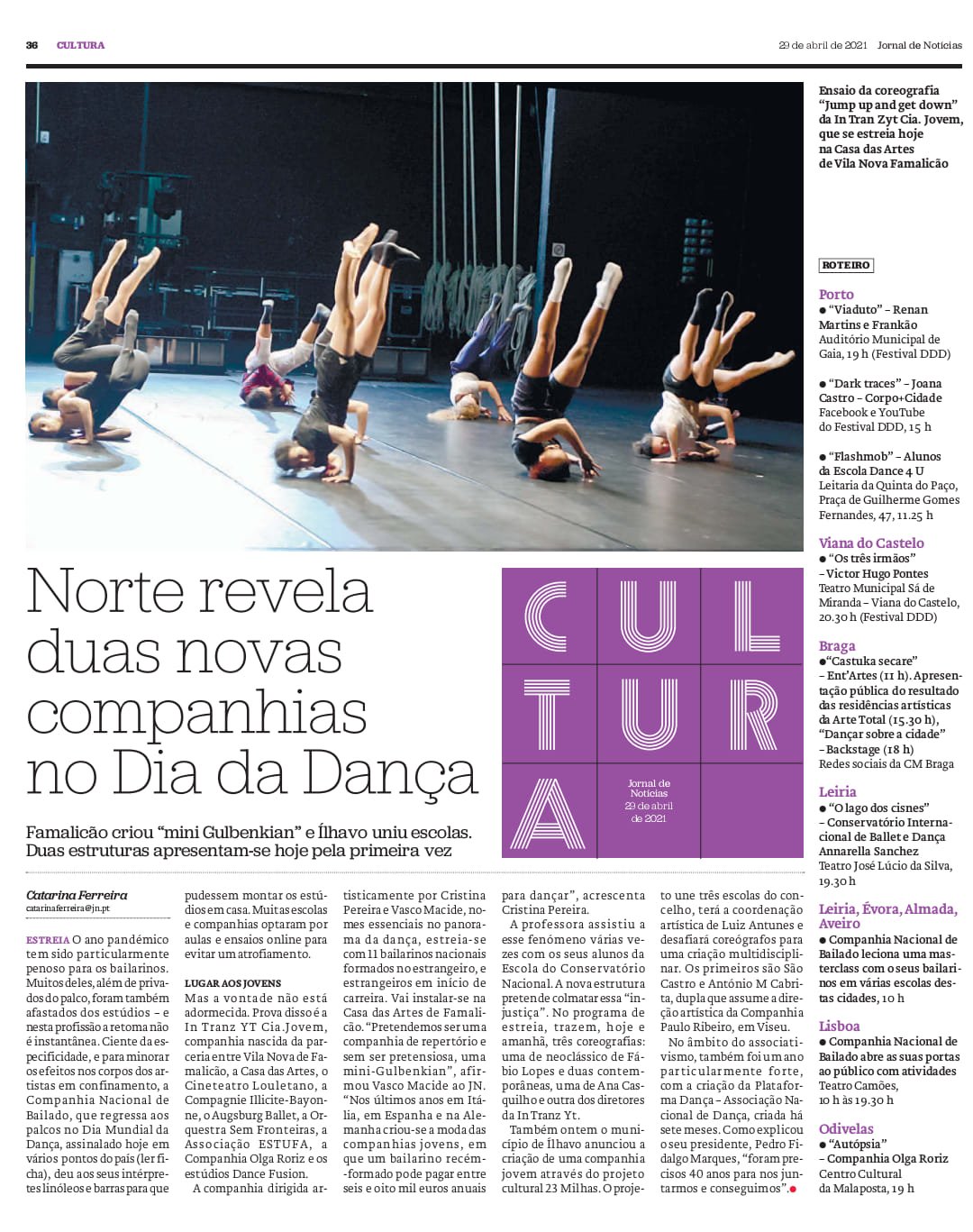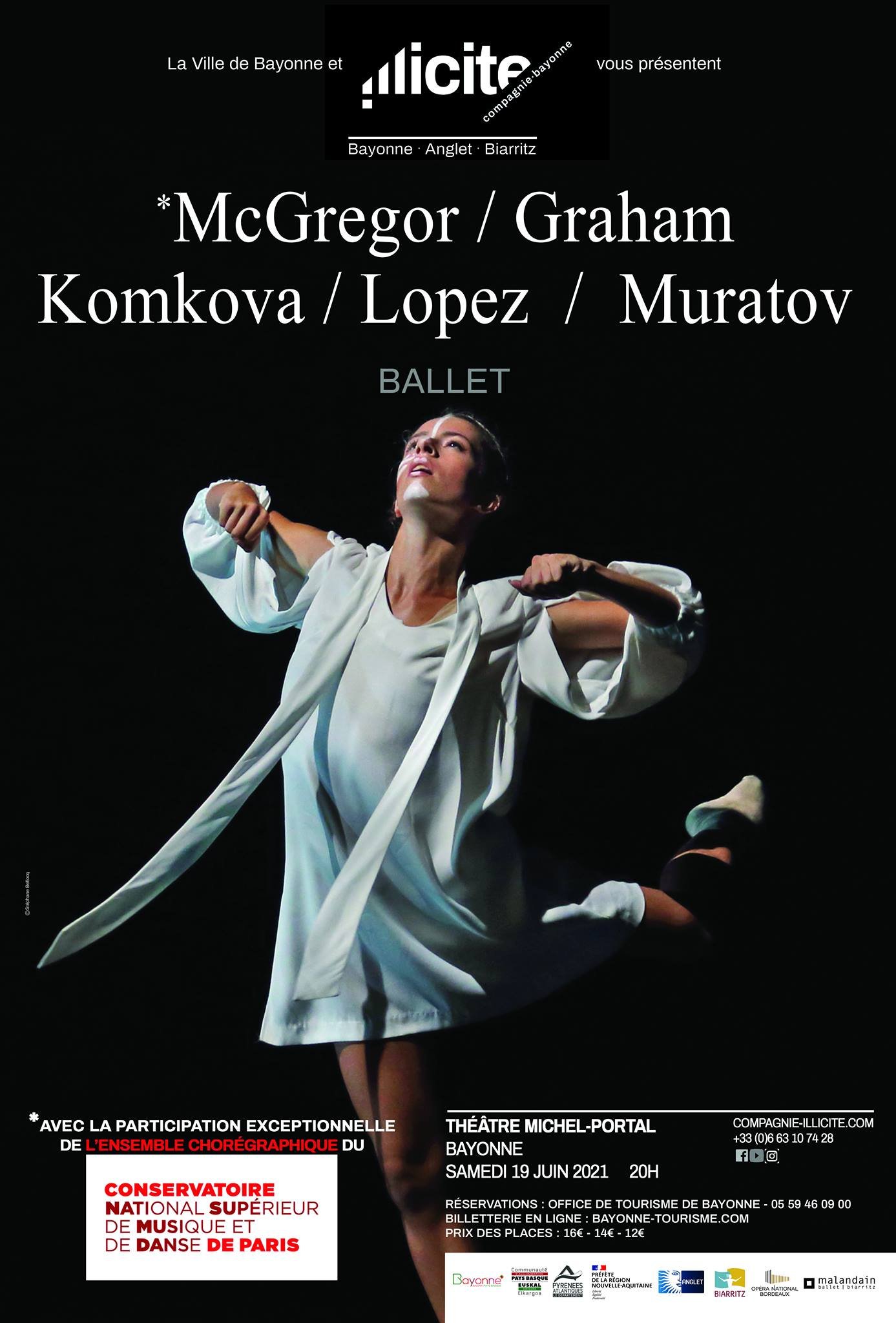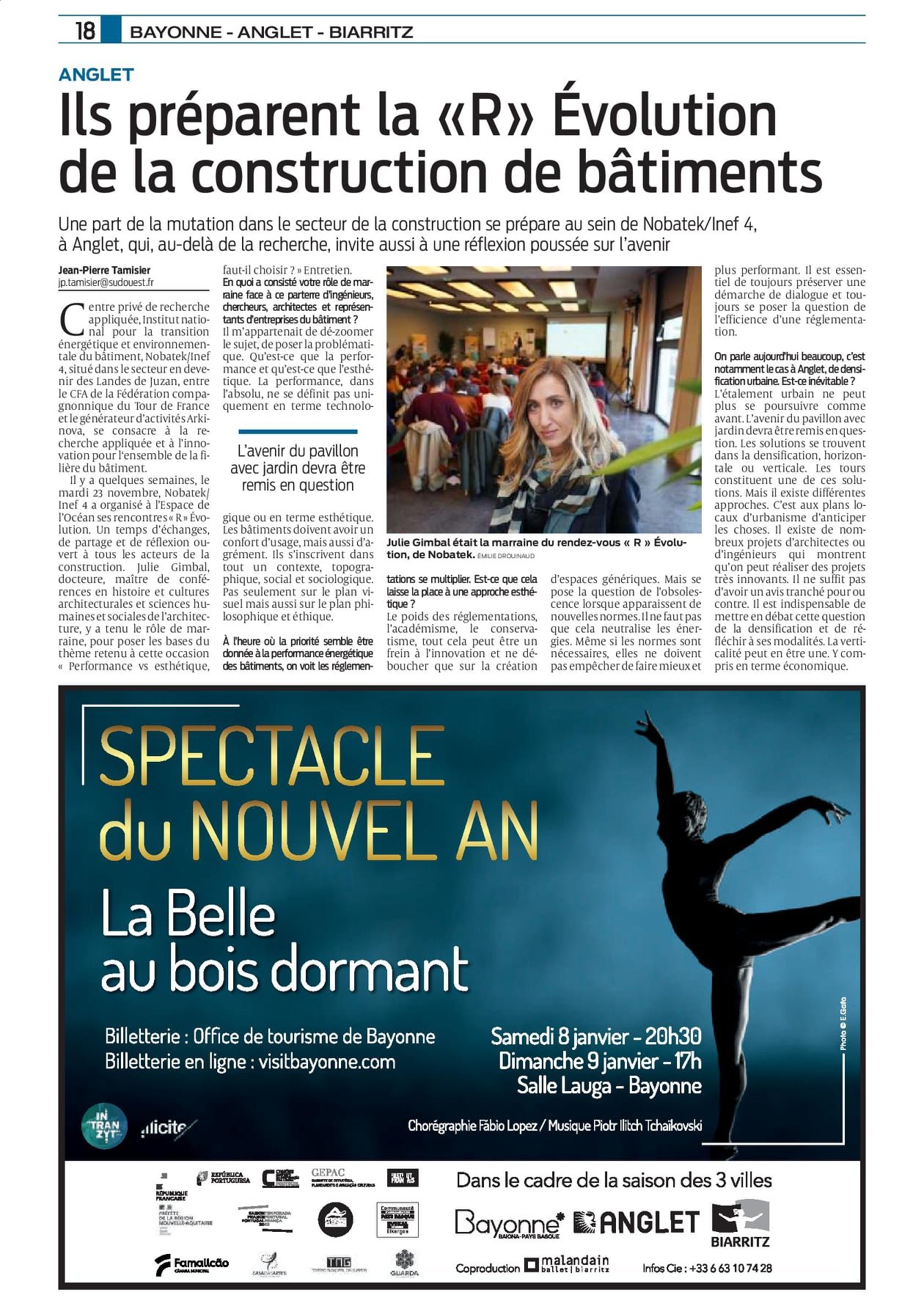Fête de la Musique – France (nationwide) 2026
Background & History
The Fête de la Musique, also known as World Music Day, is a vibrant, nationwide celebration in France that transforms public spaces into open-air stages for free live music performances by amateur and professional musicians. Conceived in October 1981 by Maurice Fleuret, Director of Music and Dance under Minister of Culture Jack Lang, it was inspired by a 1982 Ministry of Culture survey revealing that five million French people, including one in two youths, played musical instruments, yet existing musical events catered to a limited audience. Fleuret envisioned a “sonic liberation” where “music will be everywhere and the concert nowhere,” uniting all genres—rock, jazz, classical, traditional, rap, techno—without hierarchy, fostering an authentic, intimate cultural experience.
Launched on June 21, 1982, coinciding with the summer solstice, the first edition saw over a million participants across France, with musicians performing spontaneously in streets, squares, parks, train stations, and courtyards. Despite minimal preparation—limited to posters and outreach to key figures—the event’s success exceeded expectations, creating a joyous, all-night atmosphere. This immediate popularity solidified a cultural policy prioritizing amateur and professional collaboration. By 1985, during the European Year of Music, the Fête began its global expansion, formalized in 1997 with the “European Music Festival” charter signed in Budapest. Now celebrated in over 120 countries across five continents, it was honored with a French postage stamp in 1998. The festival has driven musical trends, including the revival of traditional music, the rise of world music, choirs, rap, and techno, while promoting inclusivity in settings like prisons, hospitals, schools, and rural communities, bridging urban-rural divides and enhancing cultural access.
Event Highlights
- Main Activities or Performances: Thousands of free concerts span genres like rock, jazz, classical, folk, world music, rap, and techno, performed in public spaces nationwide. In Paris, expect hundreds of events across all 20 arrondissements, from choral performances at Maison 128 to rock sessions in Jardin de l’Aqueduc or aquatic music at Piscine Thérèse et Jeanne Brulé. Other cities like Lyon, Marseille, and Bordeaux host vibrant street performances, with rural areas featuring community fairs.
- Special Traditions or Features: The Fête’s ethos, “Faites de la musique” (Make Music), encourages spontaneous performances without a fixed theme, embracing all musical practices. Held on the summer solstice, it leverages long daylight for late-night revelry. Its international charter ensures free access and inclusivity, often aligning with cultural events like France Music Week.
- Unique Attractions for Visitors: Discover local and global talents in unconventional venues—rooftops, riverbanks, historic sites like the Louvre Gardens or Orange Theater. The festival’s global reach synchronizes celebrations in 120+ countries, but France’s scale is unmatched, turning cities into musical playgrounds. Educational programs engage schools, while performances in hospitals and prisons highlight music’s transformative power.
Date & Duration
- Dates: June 21, 2026 (Sunday).
- Duration: 1 day (typically morning through late night, often extending past midnight).
Venue / Location
- City: Nationwide across France, with major activity in Paris, Lyon, Marseille, Bordeaux, Toulouse, and smaller towns and rural areas.
- Main Venue: No single venue; decentralized across public spaces like streets, parks (e.g., Jardin des Tuileries, Paris), squares (Place de la République), cultural sites (Opéra-Comique), and monuments (Eiffel Tower area). Paris hosts events in all arrondissements, with notable spots like the 13th (Jardin de l’Aqueduc for rock) and 14th (Piscine Thérèse et Jeanne Brulé for aquatic music).
- Notable Areas: Rural villages host community stages; coastal cities like Nice feature beachfront performances. International editions mirror this public-space model, coordinated locally.
Ticket Information
- How Tickets Are Sold: No tickets required; all events are free and open-access, aligning with the festival’s inclusive ethos. Musicians register concerts via fetedelamusique.culture.gouv.fr (registration opens early 2026) for inclusion in the official program.
- Admission: Free for all spectators and performers, ensuring accessibility across public spaces.
- Special Seating or VIP Options: None; the event emphasizes spontaneity and equality. For venue-based concerts (e.g., cultural centers), contact local organizers for any reserved areas, though most are open-access. Accessibility accommodations are coordinated with local authorities.
Contact Information
- Email: service-presse@culture.gouv.fr (press/general inquiries); contact form at fetedelamusique.culture.gouv.fr for musician/spectator queries.
- Phone: +33 1 40 15 83 31 (Ministry of Culture press); +33 1 40 03 94 70 (ADCEP coordination); +33 6 09 63 52 65 (Éric Labbé, press relations).
- Website: https://fetedelamusique.culture.gouv.fr/
- Social Media: #FeteDeLaMusique (official hashtag); @Culture_gouv (X/Twitter, Instagram, Facebook).
- Key Staff: Ministry of Culture Information and Communication Delegation; Éric Labbé (Press Relations, Maison Message Agency); ADCEP (Association for Artistic and Cultural Development) coordinates national efforts.
- Press/Volunteers: Press kits/releases at fetedelamusique.culture.gouv.fr; contact service-presse@culture.gouv.fr. Volunteer opportunities via regional DRAC (Cultural Affairs Directorates) or local organizers—details announced early 2026.
- Note: Response time ~48 hours. French/English support. Subscribe to the newsletter at fetedelamusique.culture.gouv.fr for 2026 updates.
Cultural Experience
The Fête de la Musique embodies France’s cultural vibrancy, turning streets into stages where classical violinists share space with street rappers and techno DJs. This genre-agnostic celebration, rooted in Maurice Fleuret’s vision of “sonic liberation,” fosters a communal spirit where performers and audiences blur lines. In Paris, summer solstice sunsets illuminate performances at iconic sites like the Louvre Gardens or Sacré-Cœur, while rural villages host intimate gatherings.
Expect eclectic crowds dancing to jazz in Marseille’s Vieux-Port, singing with choirs in Lyon, or discovering world music in Bordeaux’s squares. The festival promotes inclusivity, reaching prisons, hospitals, and schools, and celebrates global unity with 120+ countries participating. Educational tie-ins and community exchanges amplify its role as a cultural bridge, reflecting France’s love for art and spontaneity.
Food & Drinks
While music is the focus, the festive atmosphere pairs with French culinary staples from nearby cafés, markets, and pop-up vendors:
- Picnic Classics: Baguette sandwiches with camembert, paté, or ratatouille; fresh strawberries, cherries, or macarons; paired with rosé or Bordeaux wines.
- Street Food: Crêpes (Nutella or savory galettes with cheese), merguez sausages, frites, or socca (chickpea pancakes) in southern cities like Nice.
- Drinks: Pastis or Lillet aperitifs, local craft beers (e.g., Kronenbourg), elderflower cordials, or citron pressé (fresh lemonade). Vineyard-adjacent performances in regions like Bordeaux may feature wine tastings; Glühwein is absent due to summer timing.
- Note: Many bring picnics to parks; vendors ensure eco-friendly packaging, aligning with the festival’s communal ethos.
Getting There
- By Air: Paris Charles de Gaulle (CDG) or Orly (ORY) for national access (~$12 USD RER B to Paris center, 30 min). Regional hubs: Lyon (LYS), Marseille (MRS), Bordeaux (BOD). Taxis from CDG (~$55 USD, 40 min).
- Public Transport: SNCF trains connect cities (Paris to Lyon ~2 hours, $50–$100 USD; TGV for speed). City metros/buses (e.g., Paris Metro, ~$2 USD/ticket) often extend hours, with free/discounted fares in some cities. Vélib’ bike-sharing in Paris (~$5 USD/hour).
- Driving/Parking: Roads busy on solstice; use Waze for navigation. Urban parking limited (~$10–$20 USD/day); park-and-ride lots recommended. Rural events may offer free parking.
- Biking/Walking: Cities like Paris and Lyon are pedestrian-friendly; many streets close to cars. Bike rentals via apps (~$5–$10 USD/hour). Most venues are walkable within city centers.
- Accessibility: Public spaces are generally accessible; contact local DRACs for specific needs (e.g., wheelchair access at venue-based events).
Accommodation Options
France offers diverse lodging, with high demand in June:
- Luxury: Hôtel de Crillon (Paris, ~$800–$1,200 USD/night) or Château de Bagnols (Beaujolais, ~$500–$900 USD/night) for historic elegance.
- Mid-Range: Hôtel du Jeu de Paume (Paris, ~$250–$400 USD/night) or Ibis Styles Lyon Centre (~$120–$200 USD/night), central to events.
- Budget: Generator Hostels Paris (~$50–$100 USD/night) or campsites like Camping de Paris (~$30–$60 USD/night) for budget travelers.
- Airbnb/Apartments: City flats in Paris, Marseille, or Bordeaux (~$100–$250 USD/night); rural gîtes (~$80–$150 USD/night) for groups or families.
- Tips: Book 3–6 months early via Booking.com for free cancellation. Eco-lodges or countryside stays align with the festival’s community vibe. Regional trains facilitate multi-city visits.
Maps
Contact
Video
FAQ's
When and where is Fête de la Musique 2026?
June 21, 2026, nationwide in France, from Paris to rural villages. Events occur in public spaces like streets, parks, and cultural sites; check fetedelamusique.culture.gouv.fr for local listings.
Is there a theme or specific genre?
No; the festival is genre-agnostic, celebrating all music—rock, jazz, classical, rap, techno—by amateurs and professionals, emphasizing spontaneity and inclusivity.
How can musicians participate?
Organize a free live concert on June 21. Register via fetedelamusique.culture.gouv.fr (opens early 2026) for the official program. Comply with local permits (e.g., Vigipirate security, electrical safety).
What are the requirements for organizing a concert?
Concerts must be free, live, and on June 21. Obtain local authority approvals (e.g., mairie permits for public spaces). Promote via #FeteDeLaMusique; communication kits/posters available on the website.
How do spectators find events?
Use the interactive map on fetedelamusique.culture.gouv.fr, updated in spring 2026, or follow local announcements on social media (@Culture_gouv). Events are listed by city/region.

